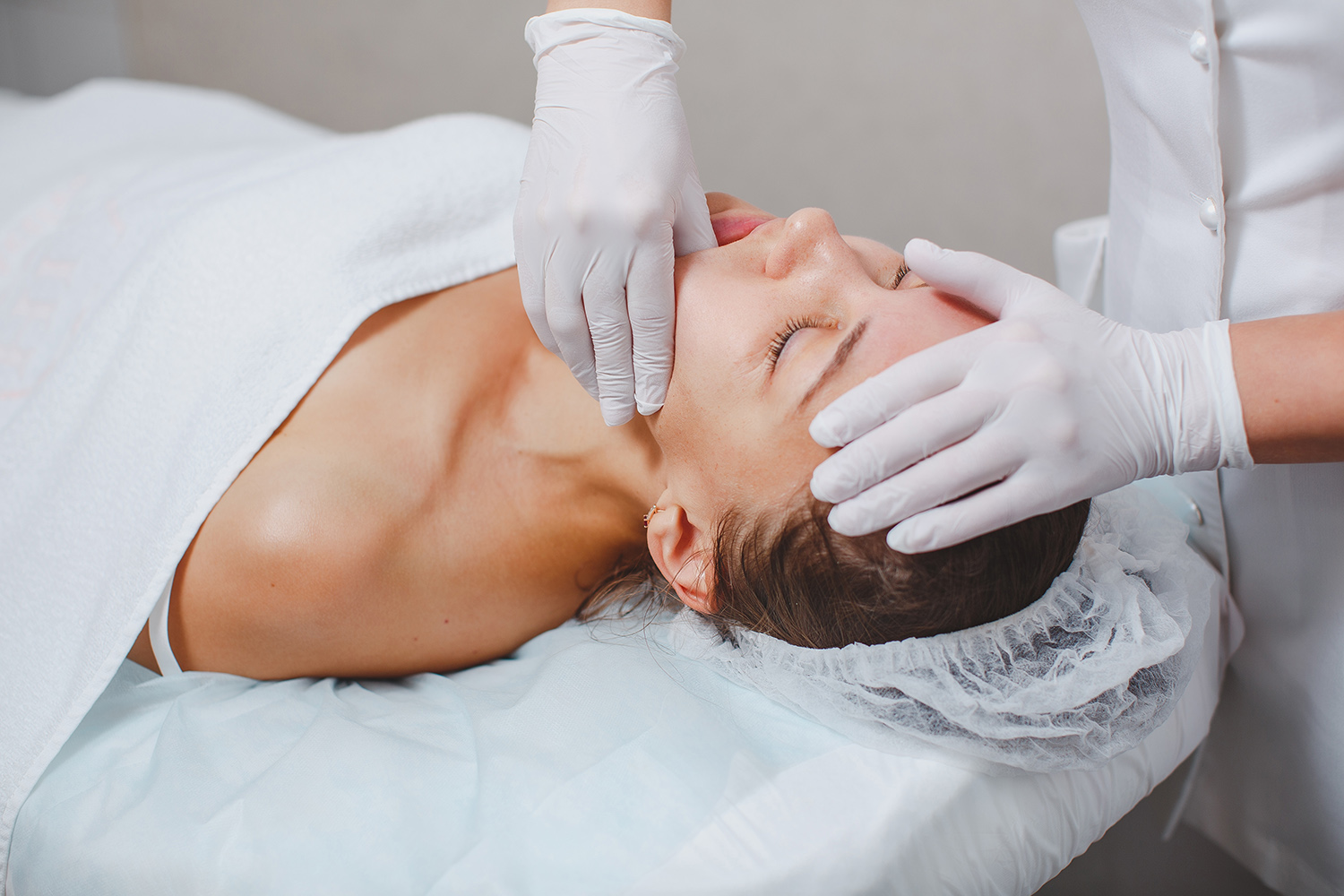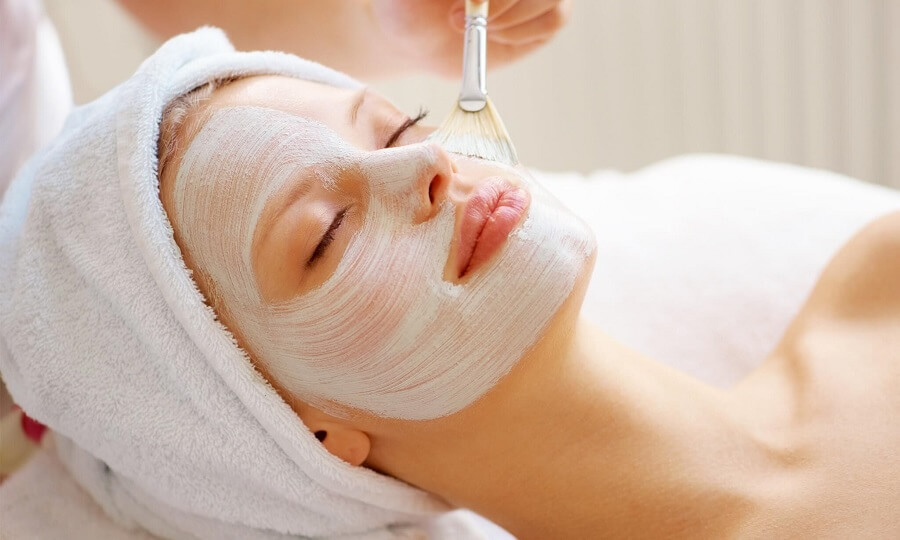Contraindications
Prioritising Your Well-being During Facial Procedures
Before scheduling a facial treatment, it is important to be aware that not all treatments are suitable for everyone. It is crucial to review the list of contraindications for facial procedures.


There are certain conditions which would make facial procedure unsuitable
It is essential to inform your therapist of any recent procedures, including Botox, threads, fillers, braces, and any allergies or surgical interventions. Clients using Retin-A, Renova, Adapalene, or any other intensive exfoliating product prescribed should stop using it at least two weeks before their facial treatment. Clients taking Accutane or who have taken it within the last six months should also avoid facial treatments.
After the treatment, it is important to follow specific care instructions, such as avoiding other facials for at least 48 hours, avoiding thermal treatments such as saunas or steam rooms for 48 hours, avoiding perfume products, self-tanning products, or heavy makeup for 24 hours, and not using any other exfoliating skincare products for at least 72 hours.
Additionally, it is normal to experience pimples or rashes due to the release of toxins through the skin after a facial treatment. Skin redness may also occur immediately after the procedure.
Proper skin care is crucial for maintaining healthy and youthful-looking skin. This includes protecting the skin from harmful UV rays by using a broad-spectrum SPF sunscreen daily, quitting smoking to prevent premature skin aging, limiting alcohol intake to prevent skin dehydration, and eating a healthy diet while drinking plenty of water to nourish the skin from within.
Finally, if you experience a reaction that lasts more than 24 hours after your facial treatment, it is recommended to seek medical advice from your GP.